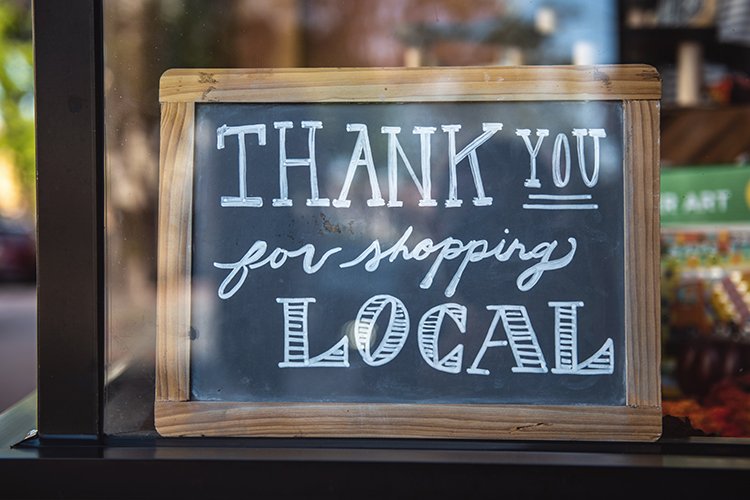Secretary of the Trade Policy Agency (BKPerdag) of the Ministry of Trade, Hari Widodo has said Indonesia’s Ministry of Trade continues its commitment to supporting Micro, Small, and Medium Enterprises (MSMEs) to make them competitive in marketplaces through training and partnerships with modern retailers, according to reporting from Antara News.
Widodo said that the government is aiming to help 30-million MSMEs enter the digital ecosystem by 2024 and that means assistance will be needed to help them level up and dominate marketplaces.
“The ministry has prepared several strategies to boost the quality of digital trade, such as coaching and mentoring, facilitating and recruiting facilitators to increase education related to e-commerce,” he added at the opening of the “Gambir Trade Talk #9” on Monday, say Antara News.
Based on the e-conomy SEA Report 2022, the value of Indonesia’s digital economy reached USD 77-billion or grew by 22-percent compared to the previous year. The value is projected to reach USD 130-billion by 2025.
According to Widodo, the main driver of growth in Indonesia’s digital economy are marketplaces, which contributed 76-percent in 2022. Marketplaces are projected to contribute USD 95 billion by 2025, say Antara News.
“MSMEs must be continuously supported to dominate marketplaces, especially in the country. To this end, constructive inputs are needed to formulate strategies and policies that are comprehensive and collaborative from central and regional governments, academicians, and other business players,” he explained.
Meanwhile, Head of the Institute for Economic and Social Research (LPEM) at the University of Indonesia, Chaikal Nuryakin, said that: “The ‘Love Indonesian Products’ (campaign) is not only about consumers using (local) products but producers must also improve the quality (of products),” he stressed.
According to research conducted by the Institute for Development of Economics and Finance (INDEF), just over 98-percent or 12,789-stores in marketplaces are dominated by MSMEs, while big-scale enterprises account for just 1.9-percent of the stores.
Source: Antara News


